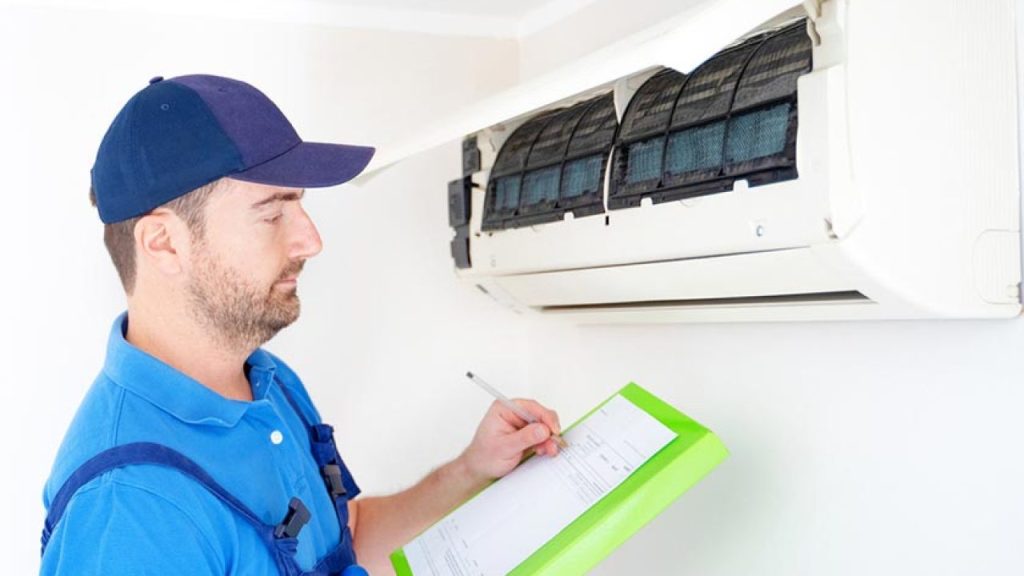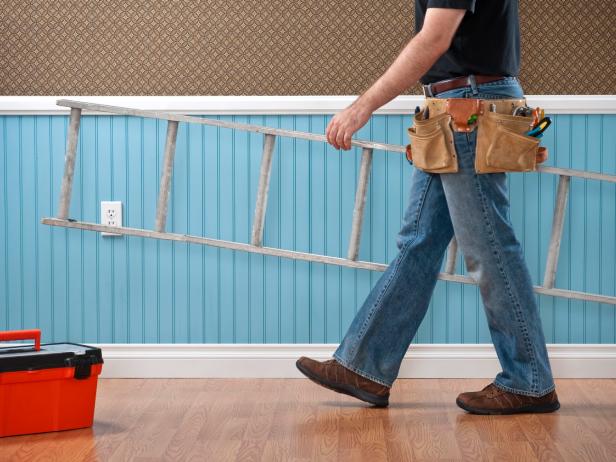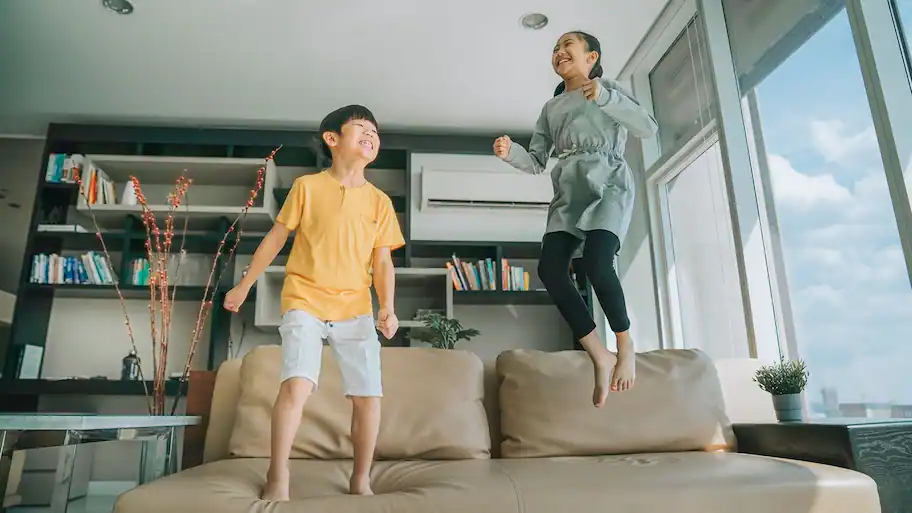Hey there! If you’re living in Santa Rosa, you know how power outages can sometimes catch us off guard. When those moments hit, it’s important to be prepared, especially when it comes to your HVAC system. Whether it’s scorching hot or chilly outside, your home’s comfort relies on it. During power outages, your HVAC system might act a bit finicky, so taking some safety measures can go a long way in preventing any issues. First off, consider turning off your HVAC system during the outage. This prevents power surges when electricity is restored. Also, remember to unplug any non-essential devices connected to your system to avoid overloading it.
Now, if you’re using a generator, be cautious about how it’s connected. Improper connections can be dangerous and damaging to your HVAC unit. In this article Concept Design Develop Inc will help you with its professional HVAC services. Lastly, when the power is back, don’t rush to turn on your HVAC immediately. Give it a few minutes to stabilize.
HVAC Safety Measures
By following these simple yet crucial steps, you can help ensure that your HVAC system stays safe and functional even during the unpredictability of Santa Rosa’s power outages.
1. Turn Off the HVAC System:
When the power goes out, it’s a good idea to turn off your HVAC system. This prevents potential damage due to power surges when the electricity is restored. Power fluctuations during an outage can harm sensitive electronic components in your HVAC unit, so shutting it off is a precautionary step.
2. Unplug Non-Essential Devices:
To further protect your HVAC system from power surges, unplug any non-essential devices that might be connected to it. These devices can include air purifiers, dehumidifiers, or electronic air cleaners. By disconnecting them, you reduce the risk of overloading your system when the power comes back on.
3. Use Surge Protectors:
Consider investing in surge protectors for your HVAC system and any related equipment. Surge protectors can absorb excess voltage and prevent it from reaching your HVAC components, safeguarding them from damage during power fluctuations.
4. Proper Generator Connection:
If you’re using a generator during the power outage, ensure it’s properly connected to your HVAC system. Generators can be a lifesaver, but improper connections can lead to electrical hazards and damage to your HVAC unit. It’s strongly recommended to consult an electrician or HVAC professional to correctly set up the generator and avoid potential risks.
5. Gradual Restart after Power Restoration:
Once the power is restored, don’t rush to turn on your HVAC system immediately. Give it a few minutes before restarting it. This allows the electrical system to stabilize and prevents any sudden power surge that could occur when the system starts up.
6. Regular Maintenance:
Before the outage season arrives, make sure your HVAC system is well-maintained. Clean or replace air filters, check for any worn-out components, and ensure that your system is running efficiently. A well-maintained system is more likely to handle power outages without complications.
DIY (Do-It-Yourself) HVAC maintenance and professional HVAC maintenance each have their advantages and considerations. DIY maintenance involves tasks like changing air filters, cleaning vents, and ensuring adequate airflow around the system. It can save money and provide a sense of involvement in your HVAC system’s upkeep. On the other hand, professional HVAC maintenance offers trained technicians who can perform comprehensive inspections.
8. Professional Inspection:
After a power outage, it’s a good idea to have an HVAC professional inspect your system for any potential damage. Even if everything seems to be working fine, there could be hidden issues that only a trained technician can identify.
By following these detailed HVAC safety measures during power outages in Santa Rosa, you’ll not only protect your system but also ensure your home remains comfortable even in challenging situations. Remember, safety should always be a top priority.
Common HVAC Problems with Solutions
Common HVAC problems include inadequate cooling or heating, uneven airflow, and strange noises. Inadequate cooling can result from dirty filters; replace them regularly. Uneven airflow may stem from blocked vents; ensure all vents are open and unobstructed. Strange noises often indicate loose or worn-out components; tighten or replace parts as needed. Inconsistent temperature could be due to a malfunctioning thermostat; recalibrate or replace it if necessary. If issues persist, it’s wise to consult a professional HVAC technician to diagnose and solve more complex problems, ensuring your system runs smoothly and efficiently.
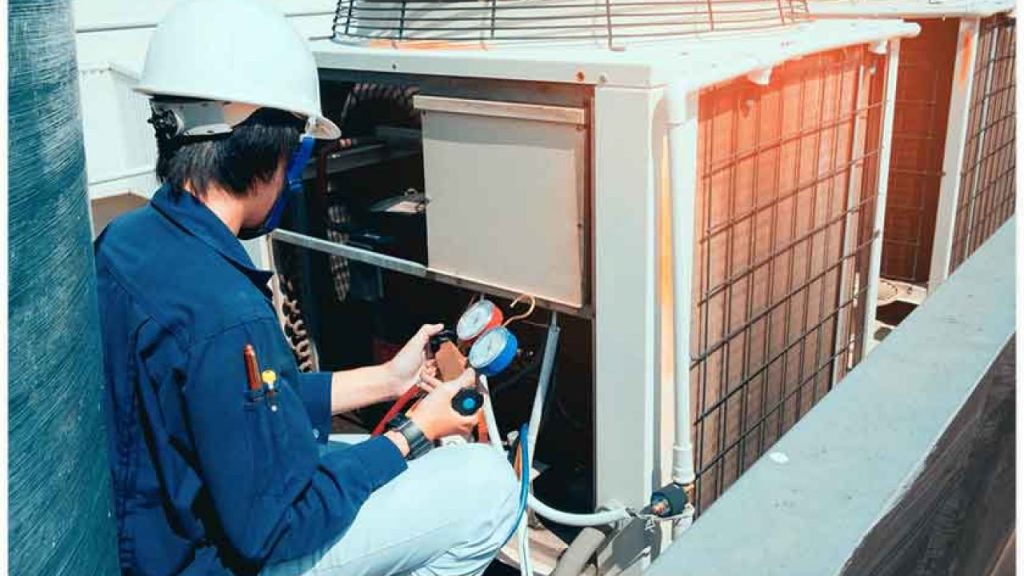
Benefits of Professional HVAC Services
Professional HVAC services offer a range of significant benefits that contribute to the optimal functioning, longevity, and efficiency of your heating, ventilation, and air conditioning systems. These services are conducted by skilled technicians with the expertise and training to address various HVAC needs.
Firstly, professional HVAC services ensure thorough maintenance and regular inspections. Technicians can identify potential issues before they become major problems, saving you from costly repairs in the long run. This proactive approach extends the lifespan of your HVAC equipment and maintains its peak performance, leading to energy savings and reduced utility bills.
Secondly, these services guarantee accurate installations and repairs. HVAC systems are complex and require precise installation to work effectively. Professionals possess the technical knowledge to install new units correctly or repair existing ones, ensuring optimal airflow, temperature control, and overall efficiency.
Additionally, professional HVAC services provide personalized recommendations. Experts assess your specific needs, taking into consideration factors like the size of your space, climate conditions, and budget. This tailored approach helps you make informed decisions about system upgrades, replacements, or adjustments that align with your requirements.
Lastly, professional HVAC services often offer warranties on their work. This means that if any issues arise shortly after the service, you can have them addressed without incurring extra costs.
Choosing the right HVAC Contractor
Choosing the right HVAC contractor is crucial for optimal system performance. Look for licensed and insured professionals with a proven track record in installations, repairs, and maintenance. Check for certifications from industry organizations, as they signify expertise and commitment to quality. Request references and read reviews to gauge customer satisfaction. A reliable contractor offers detailed written estimates, transparent pricing, and clear communication. Ensure they understand your specific needs and provide tailored solutions. Trustworthy HVAC contractors prioritize your comfort, safety, and long-term satisfaction, making them an essential partner in maintaining your home’s heating and cooling systems.
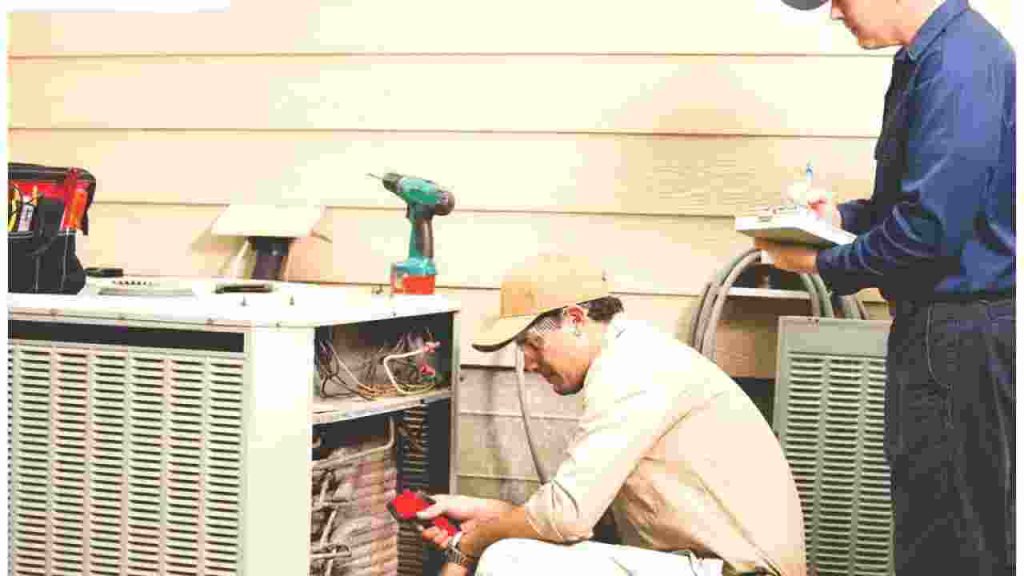
FAQS
Why is my HVAC system not cooling properly?
Possible reasons: Dirty filters, refrigerant leaks, or a malfunctioning compressor.
How often should I change my air filters?
Generally, every 1-3 months, but check manufacturer recommendations.
What’s causing my high energy bills?
Poor insulation, leaky ducts, or an inefficient system could be the culprits.
Can I fix a frozen air conditioner on my own? Start by turning off the system and letting it thaw. If it happens repeatedly, consult a professional.
When should I schedule HVAC maintenance?
Twice a year—spring and fall—to ensure optimal performance and catch issues early.
Conclusion
In conclusion, maintaining a well-functioning HVAC system is essential for home comfort and energy efficiency. Regular professional maintenance can prevent major issues, extend the system’s lifespan, and save on energy costs. While DIY efforts have their place, the expertise of HVAC professionals ensures accurate diagnostics and solutions for complex problems. By staying proactive, whether through simple filter changes or comprehensive inspections, homeowners can enjoy a reliable HVAC system that provides consistent comfort and peace of mind. Remember, a balanced approach of personal care and professional guidance is the key to a smoothly operating HVAC system.

